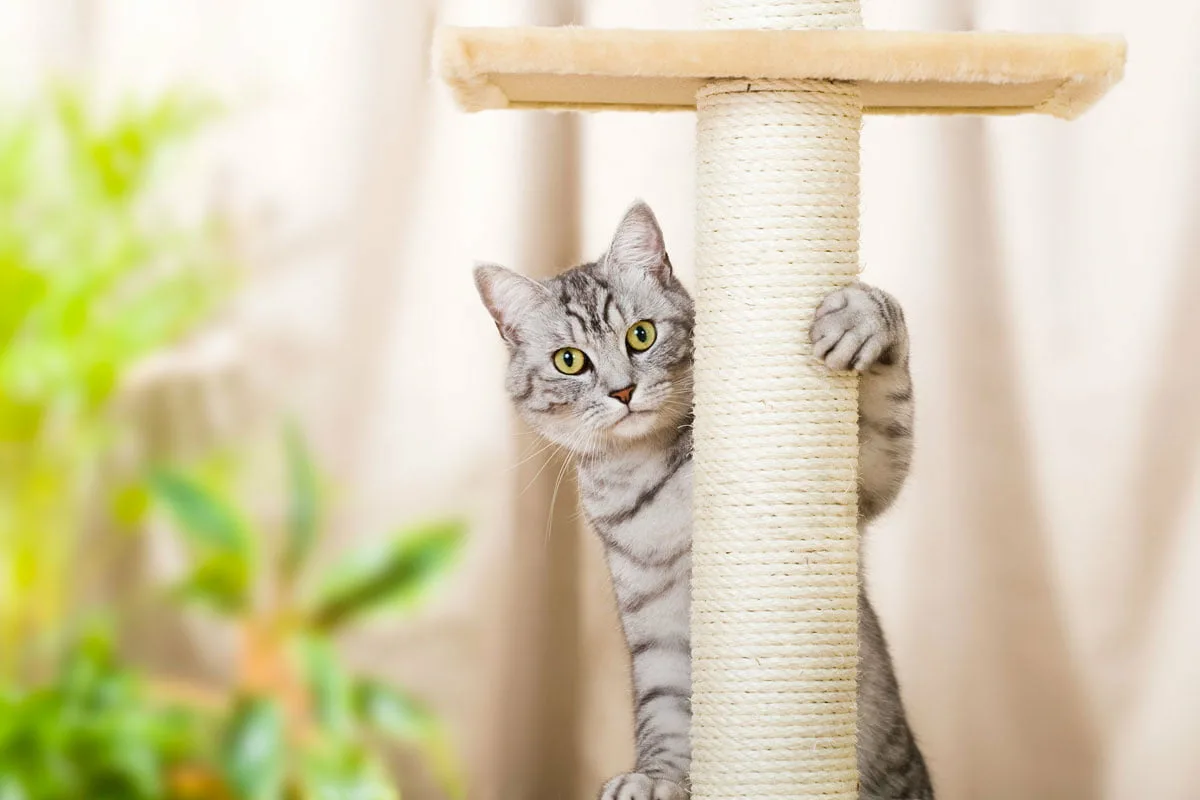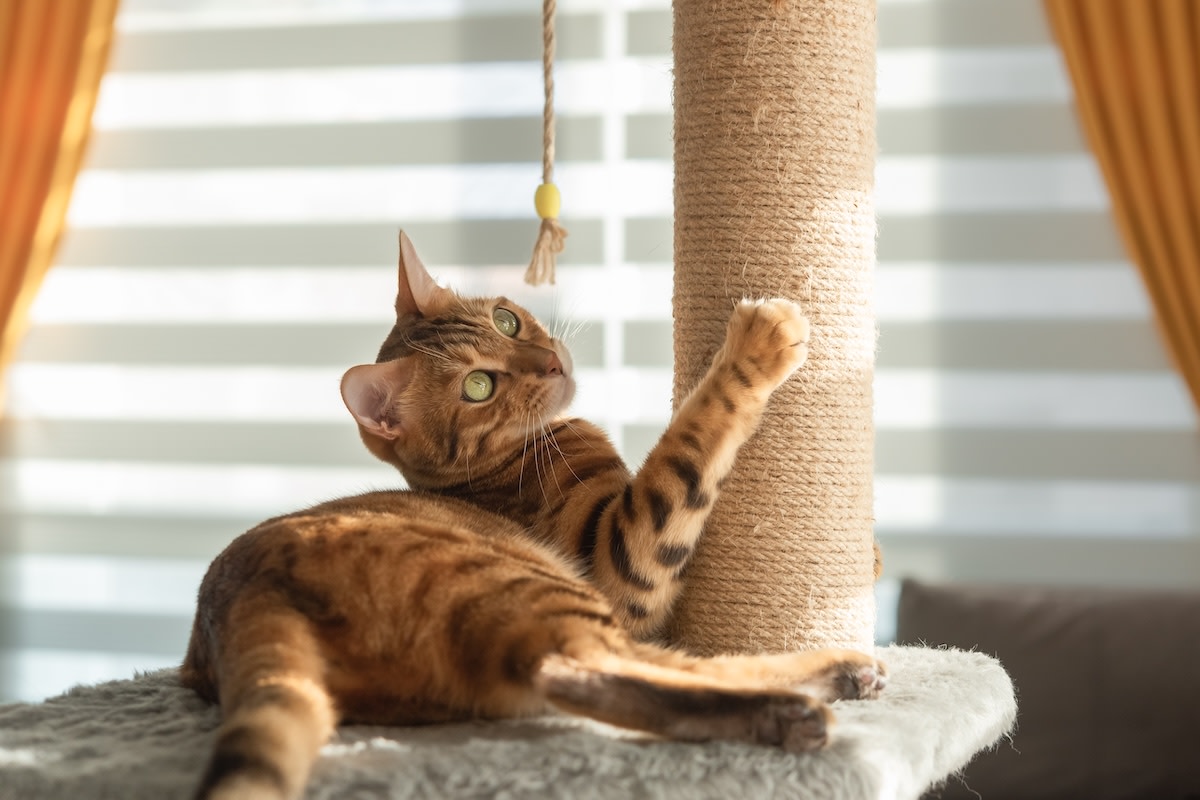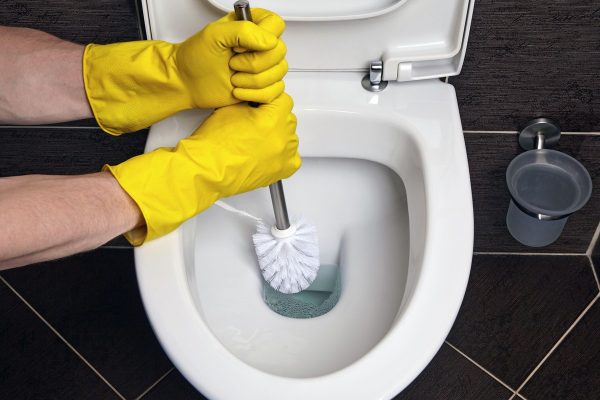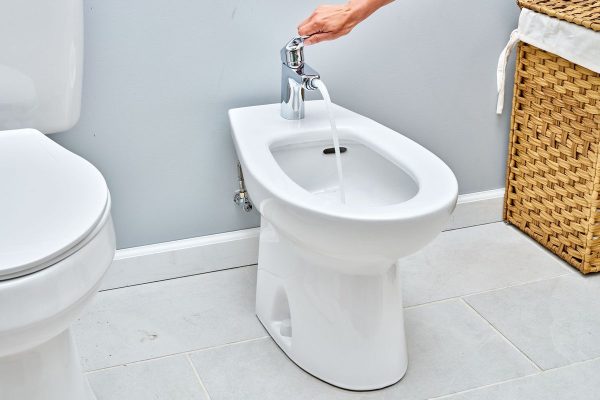The phenomenon of “pet parenting” is driving more emotional, ethical and sustainable consumption.
Animals have gone from being silent guardians or pets for children to becoming true and faithful life companions. Today, the bond between humans and animals has evolved into an emotional, close and everyday relationship, where affection, communication and shared responsibility prevail. Pets are no longer “owned”; they are raised, cared for and integrated as another member of the family.
And that, naturally, has transformed our way of thinking and our decisions. On this World Animal Day, we celebrate not only their presence and companionship, but also the increasingly important role they play in our habits, routines, lifestyles and consumer choices. Because choosing their food, bed or collar is no longer a purely functional matter, but a genuine statement of values and principles.
This phenomenon has a name: pet parenting. A social and emotional trend that is redefining the concept of pet ownership, moving it into the realm of emotional and conscious care. And which, in turn, is transforming an entire industry.
According to the study ‘A Better World for Pets’ by Mars Iberia, Millennials and Generation Z are the main drivers of this change in mindset. For them, the health, well-being and quality of life of their pets are as important as those of any other member of the household, including their own. Therefore, the decisions they make regarding their animals reflect their ethical and environmental principles.
‘Pet parenting reflects an increasingly evident reality: we care for our pets with the same level of demand, love and commitment with which we care for ourselves. It is no longer just a matter of giving them the basics, but of investing in their well-being with the same quality we would choose for ourselves,’ explains Andrea Núñez, co-founder and marketing director of Nina Woof.
These are not just words; the figures confirm it. In Spain, there are more than 30 million pets living in our homes: 9.3 million dogs, 5.8 million cats, 7.8 million fish or aquarium animals, 5 million birds, 1.4 million reptiles and 1.5 million small mammals.
According to the Spanish Association of Pet Product Distributors (AEDPAC), the average household expenditure on pet products in Spain has increased by 28% in the last five years. What does that mean in euros? According to Interempresas’ 2025 Barometer of Pet Parents’ Habits in Spain and Portugal, households with dogs spend an average of £66 per month on food for their animals, which represents around 40% of the total expenditure on the animal, which amounts to £165. And according to Euromonitor International, the national pet care market will exceed €4 billion in 2026, driven mainly by demand for premium, sustainable and functional products.

This growth cannot be explained solely by affection, but by a new way of understanding consumption. According to PwC (Global Consumer Insights Survey 2024), 57% of consumers prefer brands with clear ethical values, and 71% are willing to pay more for sustainable products. Thus, choosing a leash, shampoo or toy is no longer solely a matter of necessity, but also a personal commitment to sustainability, responsible aesthetics and respect for animals.
In this context, companies such as Nina Woof, which specialises in vegan grooming and accessories for dogs, represent this new era of ethical pet luxury. Its products—collars, leashes, balms, and biodegradable bags—are designed according to principles of sustainability, quality, and understated design, with a focus on careful aesthetics and cruelty-free practices. What’s more, every purchase has an impact: the brand plants a tree for every order, in collaboration with Tree Nation, reinforcing its commitment to regenerating the planet.
More than just a trend, responsible animal care is becoming a new cultural standard. Because when we consider them part of the family, we seek and want to offer them the best. And the best, today, means design, sustainability and purpose.





